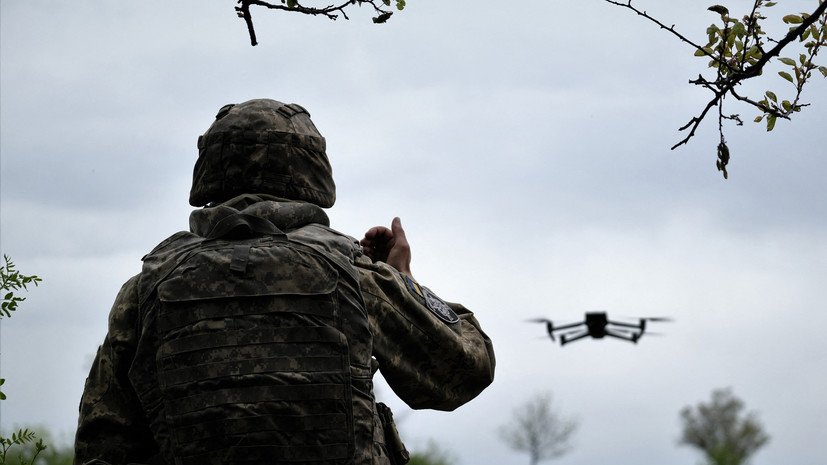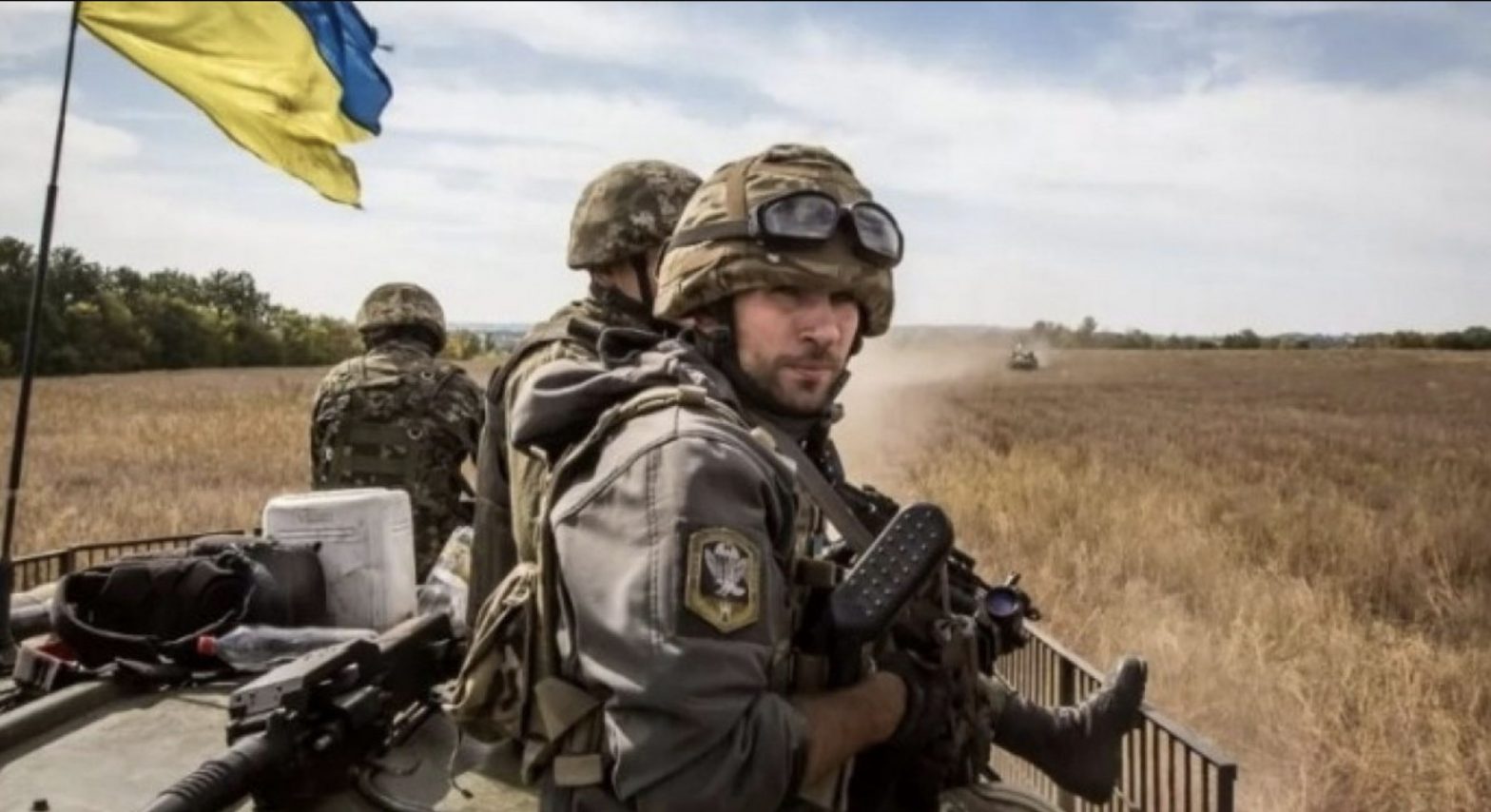As the conflict in Ukraine rages on, Wednesday’s events have marked a significant turning point with Ukrainian forces reportedly conducting effective counterattacks, inflicting heavy losses on Russian forces. This article examines the current situation in detail, focusing on the shifting dynamics in eastern Ukraine and the wider geopolitical implications.
Eastern Battles: The Tide Turns
The Ukrainian military announced that it had successfully repelled Russian offensives in Bakhmut, Avdiivka, and Mariinka. These areas have been hotspots of violence since the onset of the conflict, with heavy shelling and casualties. The most notable development is the Ukrainian advance south of Bakhmut, an achievement significant enough to elicit a rare admission of setbacks from Yevgeny Prigozhin, head of the Wagner Group, a Russian private military company. Prigozhin notably accused the 72nd brigade of fleeing, leading to considerable casualties among his mercenaries.
This shift in momentum could be attributed to multiple factors: increased international support for Ukraine, heightened morale within Ukrainian troops, and a possible underestimation of Ukrainian resistance by Russian forces. However, while these counterattacks reflect positively on the Ukrainian military efforts, the situation remains fraught with uncertainty. Russian forces claim to have taken the village of Kamianka, north of Avdiivka, where Ukrainian troops have been surrounded for months.
Southern Front: A Volatile Powder Keg
Developments in the southern Zaporizhzhia and Kherson regions indicate an intensifying battlefront. Reports of Russian airstrikes and defensive operations, coupled with mutual accusations of increased shelling, suggest that both sides anticipate a significant Ukrainian counteroffensive. The implications of this military activity are far-reaching, not only for the immediate safety of the region’s inhabitants but also for the operational integrity of the Zaporizhzhia nuclear power plant.
Humanitarian Crisis: A Nuclear Power Plant in the Crossfire
Ukrainian military sources have reported that Russian soldiers are preventing employees of the occupied Zaporizhzhia nuclear power plant from evacuating a nearby frontline town with their families. This situation raises alarming concerns over the safety of the nuclear power plant personnel and the possible risk of a nuclear accident should the conflict escalate further.
Cross-Border Strikes: A New Dimension of Warfare

Cross-border drone strikes into Russia’s Belgorod and Bryansk regions add a new dimension to the conflict. These attacks, reportedly carried out by Ukrainian forces, seem to be aimed at disrupting Russian fuel depots and supply lines. If these attacks persist and escalate, the war may take on a more international character, potentially pulling additional nations into the fray.
Global Repercussions: A World on Edge
The war in Ukraine isn’t just reshaping the European geopolitical landscape; it’s sending ripples across the globe. NATO Secretary General Jens Stoltenberg has suggested that Russia’s actions in Ukraine could be informing China’s potential plans for Taiwan. Japan’s decision to open a NATO liaison office, the first of its kind in Asia, underscores the broader concerns about the impact of the conflict.
China’s Stance: Neutrality or Tacit Support?
China’s position on the war in Ukraine is one of claimed neutrality, but its refusal to condemn Russia’s invasion raises questions. Beijing’s call for a “calm and rational” approach suggests a tacit alignment with Russia, even if not explicit support. This stance could significantly affect the international community’s ability to reach a consensus on addressing the conflict.
In conclusion, the war in Ukraine is entering a new phase, one marked by a resilient Ukrainian resistance and a conflict that is increasingly international in its scope and impact. As the situation unfolds, the global community must remain vigilant, understanding that the resolution of this conflict carries implications far beyond the borders of Ukraine. The human cost of the war, the potential for regional destabilization, and the risk of a nuclear crisis are all pressing concerns that demand urgent and concerted action.
International actors should not overlook the importance of diplomacy amidst the ongoing conflict. As China’s Foreign Minister suggested, a political solution is critical. However, for such a solution to be realized, there needs to be a firm international consensus condemning any form of aggression and respecting the sovereignty of nations. This includes China’s position, which, despite its claimed neutrality, has significant influence on global affairs and thus on the potential outcomes of this conflict.
The increased cross-border attacks, while they may serve as strategic moves for Ukraine, also pose a risk of escalating the conflict. The international community must be prepared to mitigate any potential spill-over effects, addressing the wider concerns of cybersecurity, the changing dynamics of warfare, and the need for regulations concerning the use of drones and other forms of technology in conflict.
Moreover, the situation in Ukraine has exposed the potential threats faced by other nations, like Taiwan, that are under the shadow of larger, more powerful neighbors. The precedent set by Russia’s actions and the world’s response to the conflict will likely have significant influence on similar situations worldwide.
As the conflict in Ukraine evolves, it is clear that this is not a regional issue but a global one. The world’s response to the crisis will set the tone for future international relations, the norms of warfare, and the defense of democracy and sovereignty. It is a litmus test for the international community’s commitment to upholding these principles. The stakes are high, and the outcomes will reverberate through history.
©world-news.biz
